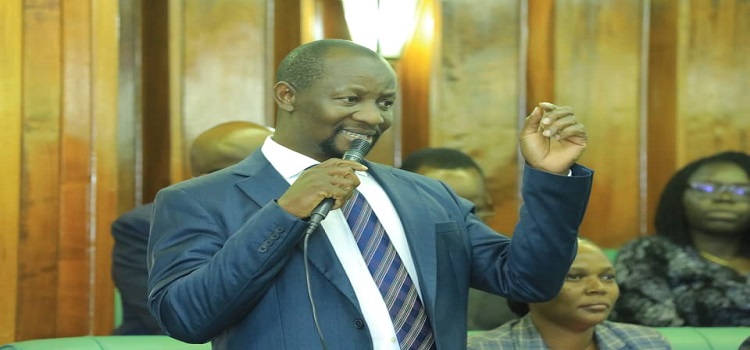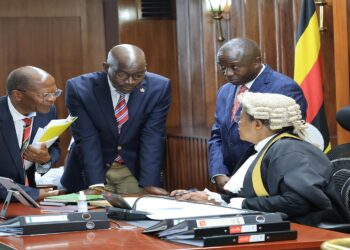The role of a presidential advisor is typically a position of high esteem and influence in many countries, reserved for individuals with extensive knowledge and experience in governance, policy, and national affairs. In nations such as the United States, the United Kingdom, and Germany, presidential or prime ministerial advisors often include former diplomats, seasoned politicians, scholars, and experts in various fields who offer critical insights to the head of state.
Historically, Uganda followed a similar pattern, with President Yoweri Museveni appointing individuals of notable expertise to these crucial positions. Eminent personalities like the late Joash Mayanja Nkangi, Dr. Apolo Robin Nsibambi Haji Kirunda Kivejinja, and John Mwesigwa Robin Nagenda. Dr Specioza Wandere Kazibwe Dr. Rwahakana Lugunda, Prof George Kanyehimba, and Prof. Ephraim Kamuntu were among the first to serve as presidential advisors, symbolizing the weight and importance of the role. These figures, regarded as the intellectual and political elite of the nation, provided guidance that shaped Uganda’s policies and governance.
However, the trend of appointments has shifted in recent years, drawing concern and criticism from political observers and lawmakers. Kira Municipality lawmaker Ibrahim Ssemujju Nganda has been particularly vocal about this shift. According to Ssemujju, the integrity and value of the presidential advisor role have been eroded, especially since 2019, following the rise of Robert Kyagulanyi, popularly known as Bobi Wine, from a musician to a leading opposition figure.
Bobi Wine’s rapid ascent and the formation of the National Unity Platform (NUP) as a formidable political force have altered Uganda’s political landscape. In response, Ssemujju argues, President Museveni has increasingly appointed individuals to advisory roles not based on their qualifications or experience but rather on their popularity in the entertainment industry. This strategy, Ssemujju suggests, is intended to dilute Bobi Wine’s influence, particularly among Uganda’s youth, by co-opting popular figures into the government fold.
The most recent example of this strategy, according to Ssemujju, is the appointment of internationally acclaimed musician Eddrisah Musuuza, known as Eddy Kenzo, as a presidential advisor on creativity. While Kenzo’s global success as an artist is undeniable, Ssemujju and others question whether his expertise is relevant to the role of advising the president.
“The list of presidential advisors has now grown to, I think, 150,” Ssemujju remarked. “If you look at the quality of the first people to be appointed to act as presidential advisors, Gen David Ssejusa, Prof George Kanyehimba, it demeans that office when you appoint everybody, including those with no knowledge and experience, and elevate them to be your advisors.”
Ssemujju’s critique echoes broader concerns about the politicization of advisory roles in other countries as well, where the appointment of unqualified individuals for political purposes has led to similar debates. In Uganda’s case, Ssemujju added, “I like Eddy Kenzo as a singer; he has value, but I don’t think his value is in advising the president. I think President Kaguta Museveni got frightened by HE Bobi Wine and the support he attracted. He (Museveni) now thinks that one way of neutralizing Bobi Wine is appointing every singer to something. That’s how he ended up appointing Catherine Kusasira and Buchaman, who are too green.”
As Museveni continues to expand his list of advisors, the debate over the true purpose and effectiveness of these appointments is likely to intensify. For many, the question remains whether these roles are being filled by those best equipped to serve the nation or merely by those who can serve a political agenda.
Do you have a story in your community or an opinion to share with us: Email us at editorial@watchdoguganda.com













